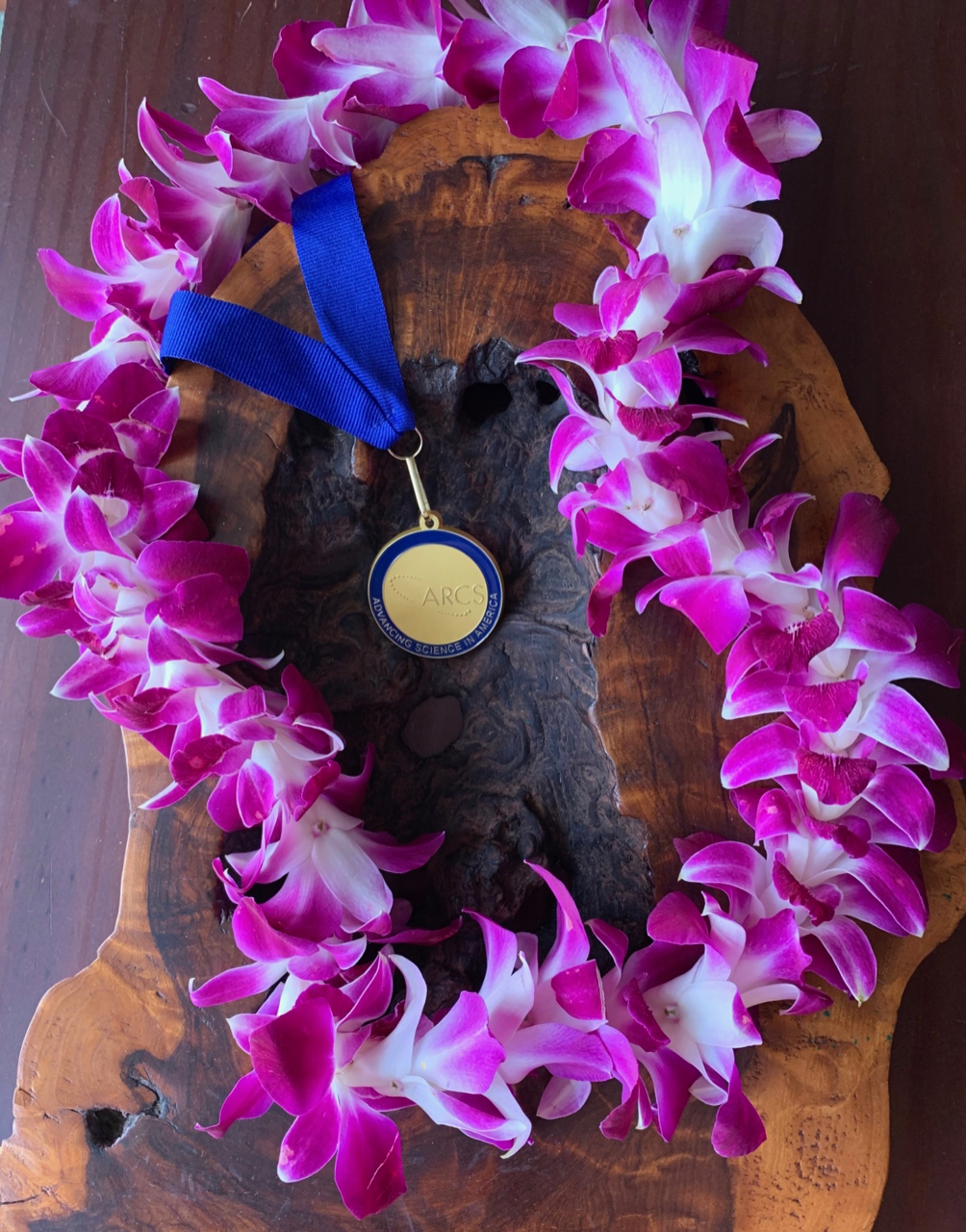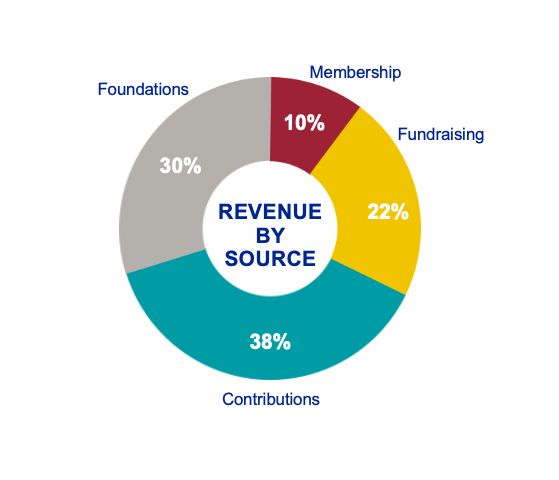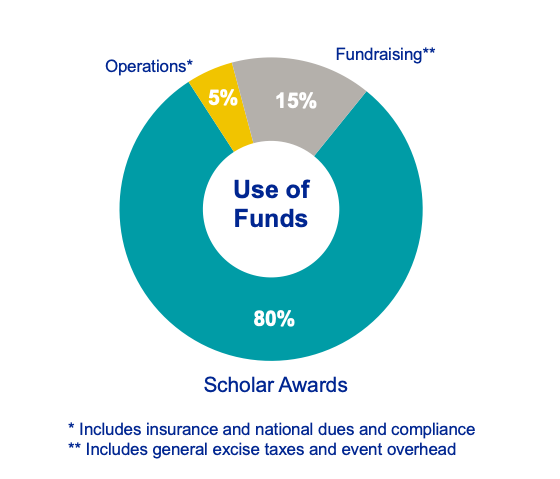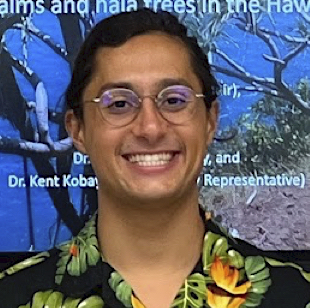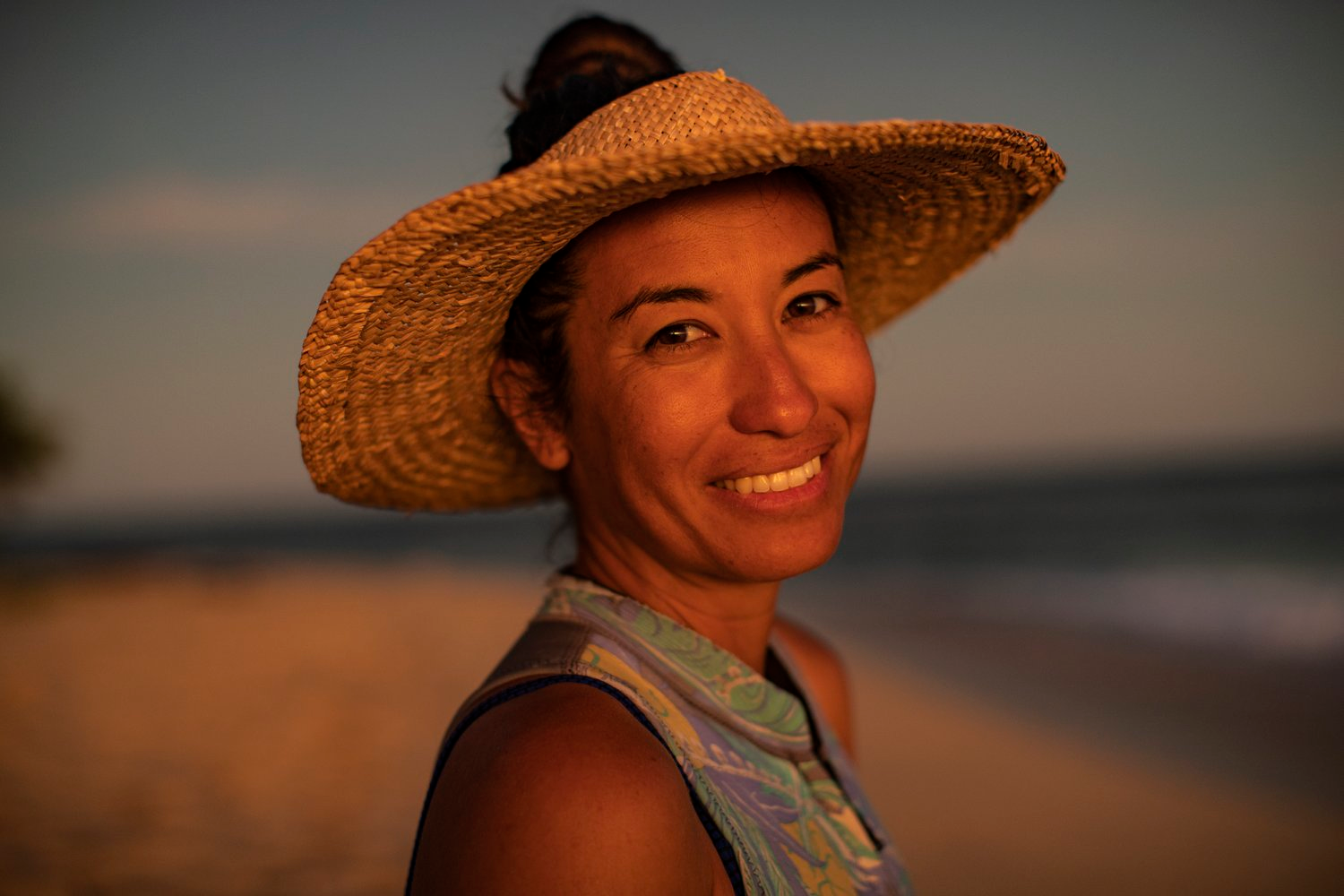Dr. Mark Hixon on ARCS Scientist Honor
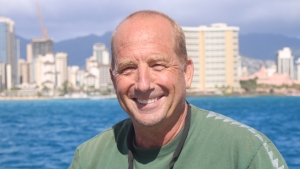
"I am especially grateful that ARCS Honolulu appreciates the mentoring of graduate students, who are society’s future scientists during an era when science is increasingly under attack."
ARCS Honolulu Chapter named marine ecologist Dr. Mark Hixon its 2021 ARCS Scientist of the Year for his remarkable record of research, mentorship and public outreach. He is the Sidney and Erika Hsiao Endowed Chair in Marine Biology and chairs the Zoology Graduate Program at the University of Hawai‘i at Manoa. Photo by Chris Pala

